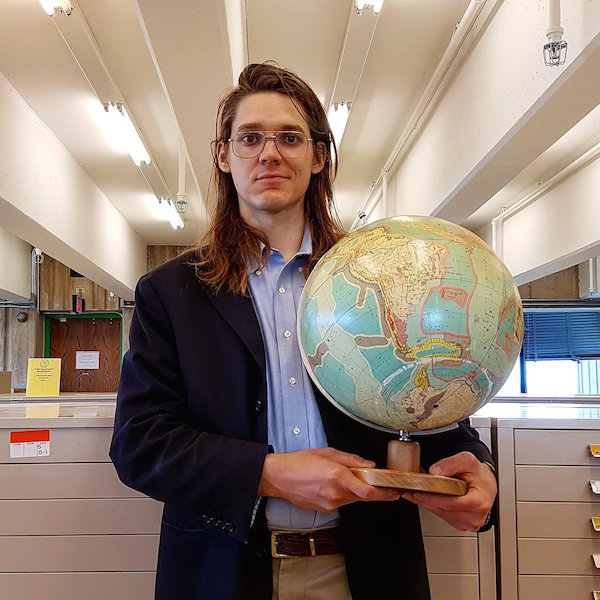1.
A couple of days ago, President Trump made headlines around the world when he suggested that there had been a terrorist attack in Sweden “last night.” This was a big surprise to many people, not the least people living in Sweden, since none of them had heard of an attack. As most of you now know, it was soon established that there had not been a terrorist attack, and that the US president had lied.
Many Swedish and international newspapers joined in to debunk Trump’s claim, and the Swedish government asked the US government for an official explanation. The only answer Trump seemed capable of offering was that he had been inspired by a recent story on “Tucker Carlson’s” show on Fox News. The show had interviewed a propagandist film-maker, Ami Horowitz, was in turn proven to have not only peddled falsehoods but to have cut-and-pasted interviews with Swedish police officers in such a way that it seemed that they were talking about immigrants when they in fact were not.
In response to continued pressure, Trump has insisted that things are really terrible in Sweden and that the news is trying to cover up the real truth about how horrible Sweden is.
It’s true that Sweden has let in a lot of immigrants over the past three decades. And it’s true that it’s often been hard for a country that previously had very few immigrants to deal with this influx, and that right-wing politicians have successfully riled up a lot of xenophobia. But the claims that Sweden has become crime-riddled war zone are incredibly, incredibly exaggerated. Stockholm is not “the rape capital of Europe” no matter how fanciful that claim strikes right-wingers. The increase of refugees has not led to a substantial increase in crime. There’s zero evidence to back up these claims.
Still, Trump won’t go back on his charges. Instead he’s doubled down, claiming to know Sweden better than Swedish scholars and journalists. Why? READ MORE >









